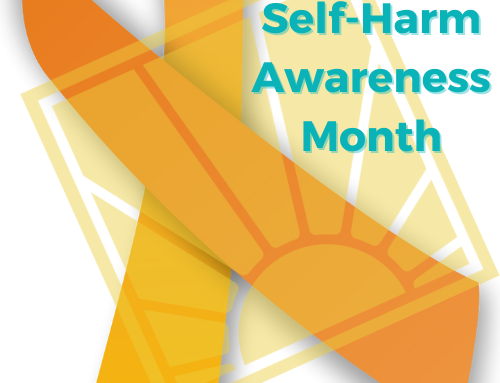Shame has this very suffocating way of controlling lives, especially for your teenage daughter. Addressing and healing shame is often a crucial first step in residential treatment, one that can help your whole family.
Guilt vs Shame
Let’s quickly review the difference between guilt and shame.
- Guilt is a focus on behavior; the ability to look at what we’ve done and know we can make amends or adapt. Guilt self-talk is “I made a mistake.”
- Shame is a focus on self; which typically leads us to question if we are deserving of love and belonging. Simply put, shame self-talk is “I am a mistake”. When we make a mistake, shame will have us believe “I am not good enough” and “who would want me” and why expect anything else but mistakes from a mistake.
Effects of Shame
For your daughter this belief is devastating and even life threatening. Brene Brown’s 16 years of research has yielded this powerful and alarming finding: Shame is highly correlated with:
- addiction
- depression
- eating disorders
- violence
- suicide
- bullying
- aggression
However, guilt is inversely correlated with these. If your daughter has shame-prone thinking she is more susceptible to engage in these behaviors.
Does Your Daughter Struggle With Shame?
I invite to ask yourself these questions:
- “Does my daughter have shame-prone thinking?”
- “Could my daughter be more susceptible to an addiction, an eating disorder, depression, violence, suicidal ideation, bullying and aggression?”
If you’re not sure, talk to your daughter about a recent mistake or let down she had. This could be anything from getting a bad grade, to not getting asked to go to a dance. Note the self-talk. If it’s something like, “I’m stupid, of course I got a bad grade” Or “I’m disgusting, why would anyone ask me out?” It’s likely your daughter is prone to shaming self-talk.
How to Help Your Daughter
The most important thing you can do is to be empathic and listen to your daughter. This helps creates a safe place within your relationship where she can express her shame. When shame is met with empathy, it’s power dissipates. In doing this you also let her know you accept and love her, regardless of her mistakes.
Unfortunately, the fight with shame is not unique to your daughter. If you know a family that struggles with same, please share these principles with them. Talking about shame helps everyone recognize and fight it.
-Written by Megan Belcher, CSW, Therapist at Sunrise Residential Treatment Center
More articles related to Shame:


